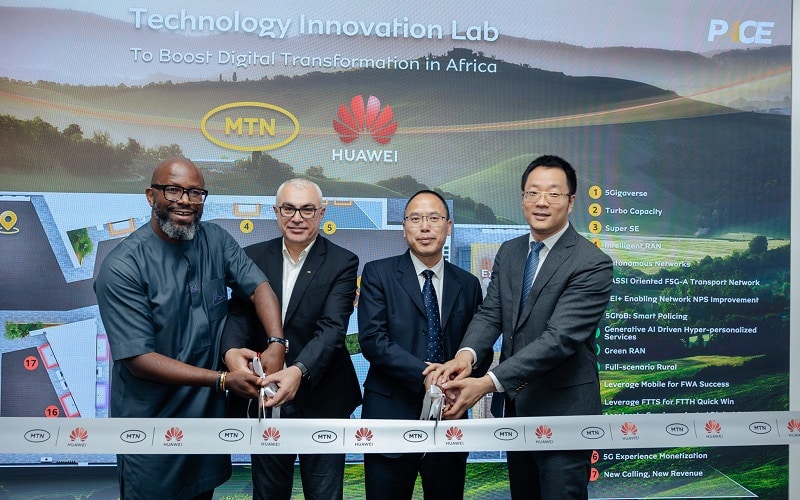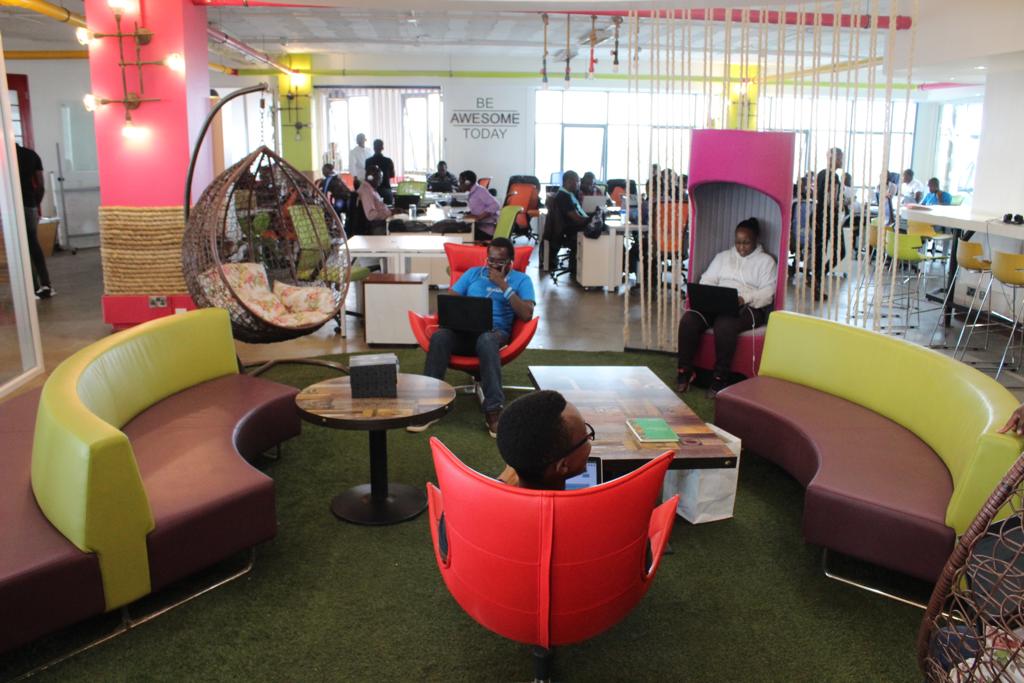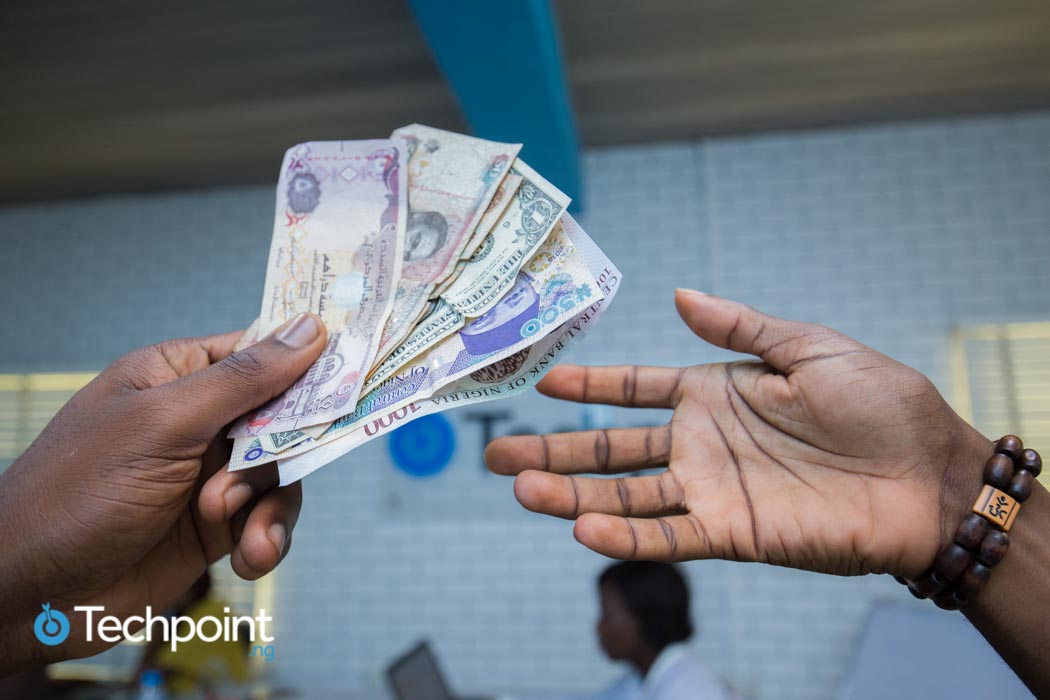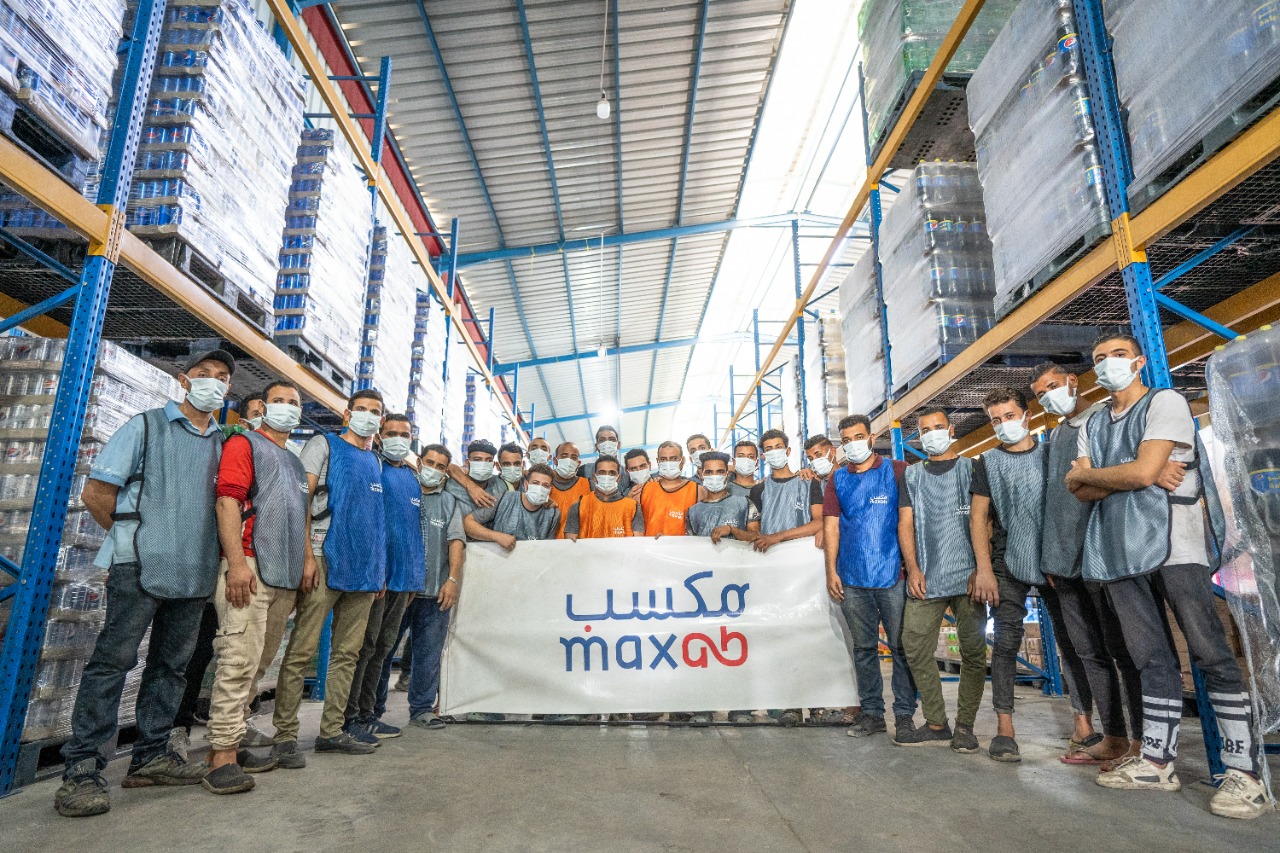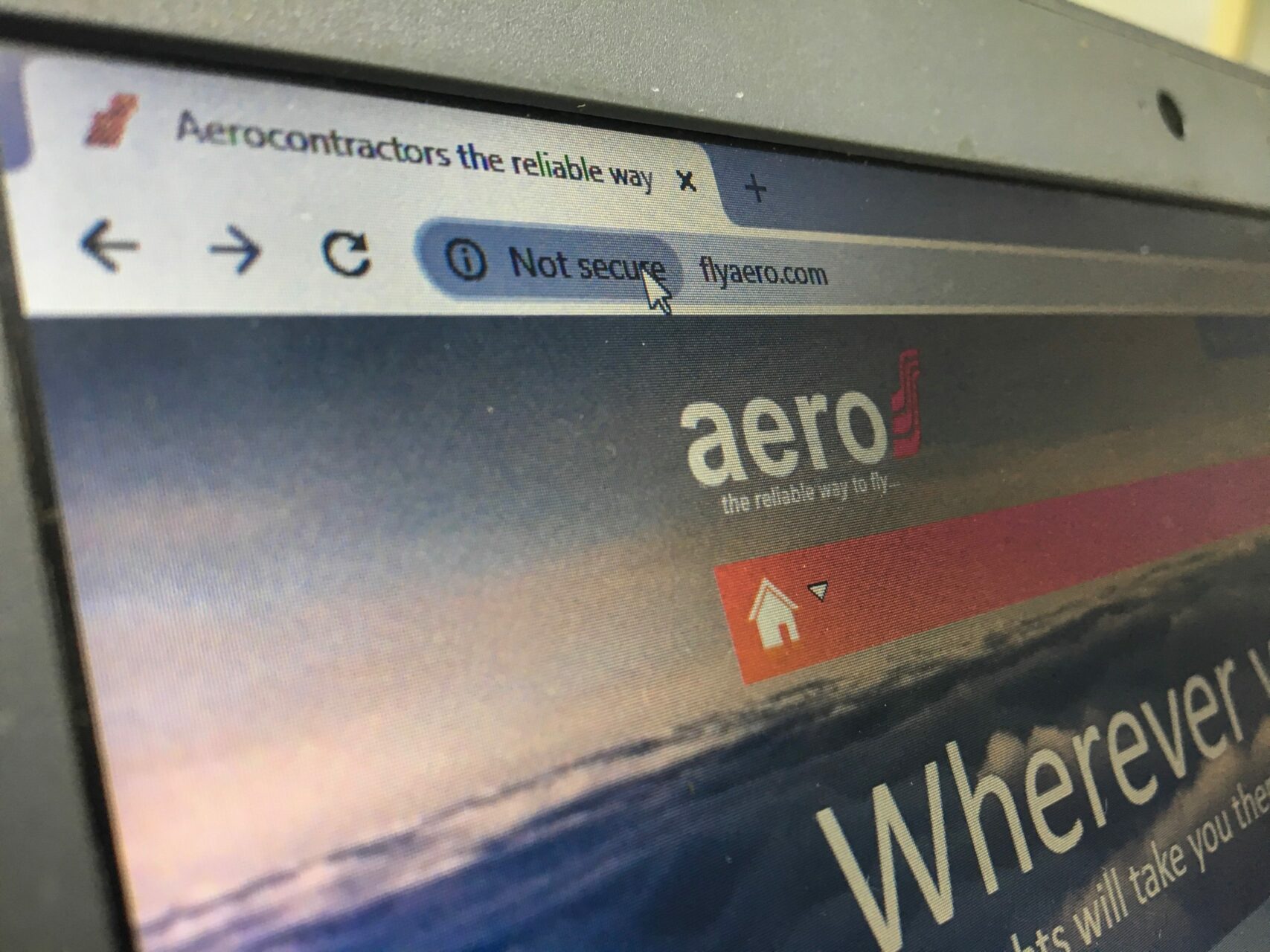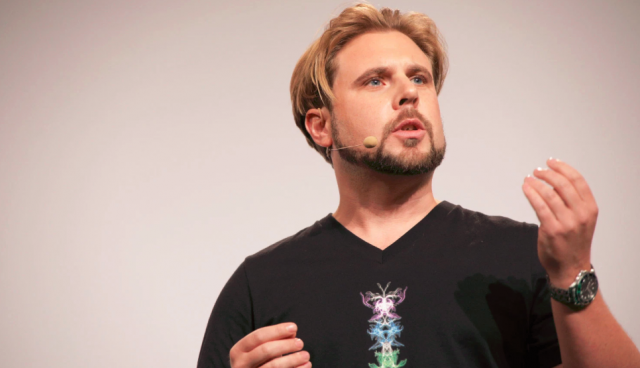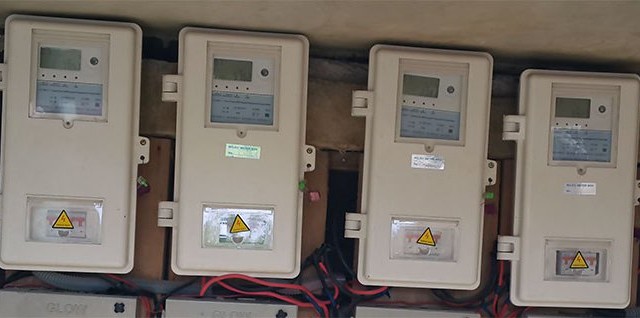African currency trading solutions platform, AZA has raised $15 million in debt financing from the Development Bank of Southern Africa (DBSA). It has also undergone a rebranding of its products and services.
Formerly known as BitPesa, AZA is solving the liquidity problem and access to both local and foreign currencies for businesses by optimising remittances. Following the rebrand, AZA will now be a parent company to BitPesa, BFX and TransferZero.
Its original flagship product, BitPesa will provide cryptocurrency liquidity, exchange and other services for individuals and institutions across Africa. BFX will enable SMEs in Africa pay and get paid through various channels, while TransferZero is an API that allows businesses plug in and grow their remittance, lending, and or banking businesses with ease.
The company says the fund will be used to improve liquidity and service more transactions as it expands to other markets across the world.
Suggested Read: Digital foreign exchange platform, BitPesa is easing cross border payments across Africa
In 2013, as a solution to existing inefficient and expensive systems, Elizabeth Rossiello founded then BitPesa as a cryptocurrency remittance solution for businesses in Kenya. It later combined cryptocurrency with a netting and pooling method.
Two years later in 2015, BitPesa expanded to Nigeria and Uganda. As at press time, the company is still headquartered in Nairobi Kenya with regional offices in Lagos, London, Luxembourg, Dakar, and Madrid and operations in 11 markets across Africa; Tanzania, Uganda, Kenya, Morocco, Ghana, Nigeria, South Africa, Ivory Coast, Benin, Togo, and Senegal.
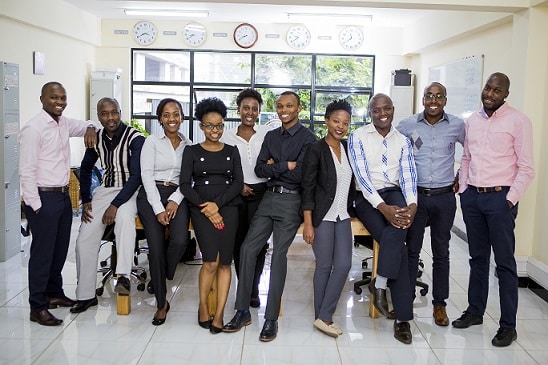
Following an expansion to Nigeria and Uganda in 2015, the company raised a first ever $1.1 million in seed funding and according to Crunchbase, a cumulative $15 million over the years before its recent $15 million round from the DBSA.
The Development Bank of Southern African; a South African government owned development finance institute (DFI) funds economic development projects. It is self described as wanting to “play a pivotal role in delivering developmental infrastructure in South Africa and the rest of the African continent.”

Join over 3,000 founders and investors
Give it a try, you can unsubscribe anytime. Privacy Policy.
The Joule Africa’s Hydropower Project in Sierra Leone and an off-grid energy and media company, Apalia24 in the Democratic Republic of Congo (DRC) are among some of the DBSA’s latest development funding commitments.
Like the aforementioned, in its drive to develop Africa, DBSA usually funds large physical infrastructural projects and has never worked with a virtual or digital one. AZA does not fit the typical profile of projects and is the first company of its kind to receive funding from the DFI.
According to AZA CEO, Elizabeth Rossiello, this is an indicator that DBSA believes in AZA’s mission.
<img class="wp-image-117400 size-full" src="https://techpoint.africa/wp-content/uploads/2019/09/Elizabeth-Rossiello.jpg" alt="Elizabeth Rossiello poses for a portrait in the Greycroft offices in Manhattan, New York, on September 19, 2017.Copyright © Yana Paskova 2017
PHOTO USAGE: Photo usage is limited to the bio page of the www.bitpesa.co website. Any further personal, editorial, promotional or advertising usage can only be done after permission from and remuneration to photographer." width="600" height="400" /> Founder and CEO of AZA, Elizabeth Rossiello.
“They [DBSA] believe in what we are doing, and that the digital payments and financial infrastructure we are building will play a massive role in helping African businesses thrive globally and in return develop the continent’s economy,” she told Techpoint Africa.
From an initial $5,000 in monthly transactions in 2013, AZA currently does $80 million across its 11 markets, and is now gunning for a $100 million monthly transaction mark.
Currency illiquidity is still a major hindrance to trade and investment in Africa. And studies estimated that in 2013 and 2014, trade finance in Africa with banks as middle men were worth $430 billion and $362 billion respectively.
All these present an opportunity for AZA to hit its revenue target and shoot for the moon.






